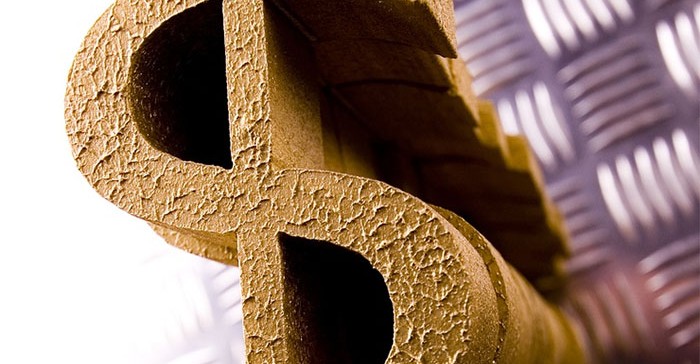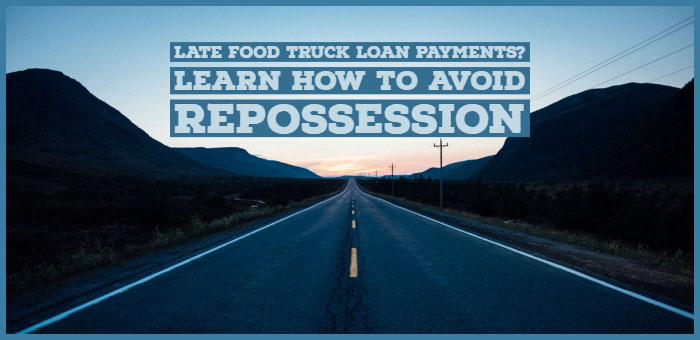Your food truck startup budget serves as a road map for building your business. Be warned though that it requires a delicate balance. Taking a few risks during the launch of your truck is a great strategy, but maintaining a budget is just as vital. Setting a realistic budget is a must for any new food truck business. Not only does it help vendors stay on track but it helps keep their eyes on the ultimate goal.
4 Steps To Set A Realistic Food Truck Startup Budget
If your food truck startup budget is constantly tweaked and never followed, then deep financial trouble may be in your future. Today we discuss four reasons why all street food vendors should have a realistic startup budget.
Set Your Startup Budget
Calculating every cost in the present and future for your food truck’s budget can be overwhelming, especially when there always seem to be unforeseeable expenses. However, mapping out specific costs and, setting aside funds for emergencies is the best approach.
From staffing to kitchen equipment, prospective vendors should estimate their startup budget. Having a set budget maintains focus on what or what not to spend, and reinforces your progress.
Adjusting Your Startup Budget
Because changes in menu, food truck regulations and market data won’t always allow you to stick to your initial budget goals, remember that flexibility is key. You may have to readjust your startup budget more than once, and that’s OK.
Creating a startup budget is a dynamic process that will always seem to fluctuate. However, adjusting the budget is just as important as sticking to the original plan. Be open to change, but remember to stick to your new budget.
Avoid A Half-Built Food Truck
Running out of funds is one of the biggest issues a vendor will face when you don’t set or stick to your budget. A half-built food truck isn’t worth much to you or your prospective customers, so prioritizing costs helps avoid this doomed scenario.
Avoid Debt
Having an unlimited startup budget may seem like a great idea early on, but food truck owners can quickly dig themselves into huge debt. If you set up a realistic startup budget you can steer clear of this issue.
A startup food truck can flourish while building up debt, but success and profitability diminish once that debt needs to be repaid. Calculate each of your expenses more than once, and determine what should be your best and most realistic budget. It’s better to catch costly expenses in the beginning rather than at the end after you’ve accrued a load of debt.
The Bottom Line
Budgeting is all about moderation, so new food truck owners need to balance both budget and spending habits. Sometimes the budget needs to be larger, or some of your expenses need to be cut back. Track your cash flow and adjust your budget every week or two.
RELATED: How To Start A Food Truck Business
For the existing food truck owners out there, we’d love to know how close you kept to your startup budget. Do you have any advice for prospective food truck vendors setting up their startup budget? Share your thoughts in the comment section, our food truck forum or social media. Facebook | Twitter




